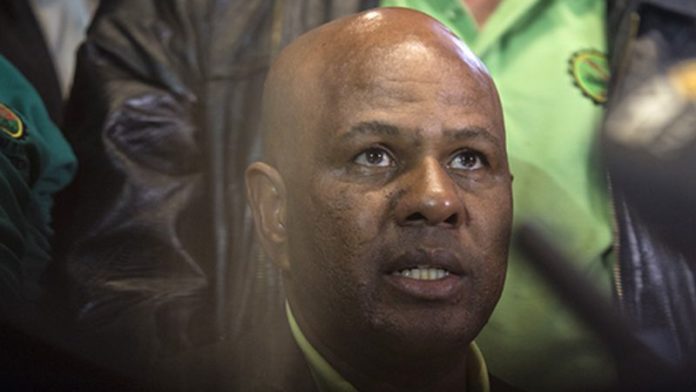
SIBANYE-Stillwater was unmoved by union threats of a secondary strike at its platinum group metal mines and would take “appropriate legal action” if one was called, it said.
According to a report by BDLive on Tuesday, union leaders gave members at Sibanye-Stillwater’s PGM mines permission to join a strike at the firm’s gold mines, currently in its 36th day.
“Sibanye-Stillwater has not yet received notification of any secondary strike at its PGM operations and will take appropriate legal action in the event that this is given,” the company said in a statement today. “Wage negotiations at the Sibanye-Stillwater SA PGMs operations have not started and are only scheduled to begin in June/July this year as per previous years.”
The gold strike is being observed by about 31,000 members of the National Union of Mineworkers (NUM) and the AMCU. The unions are seeking a R1000 a month increase to entry-level miner pay whereas Sibanye-Stillwater is offering a R700 per month increase, equal to a 6% to 6.8% increase over the three-years of the proposed wage deal.
Sibanye-Stillwater recognised the upside of NUM and AMCU forming a coalition – a 180 degree turn from the inter-union violence encountered during the 2018/19 strike. But the social consequences on striking workers was tragic, said James Wellsted, senior vice president of corporate affairs at the precious metals firm.
Striking employees have lost around R790m in wages so far on the basis of the ‘no work, no pay’ regulation in South African labour law. In addition, the South African government has lost approximately R90m in PAYE, income tax and salary related levies, and significantly more in lost taxes and mining royalties.
Sibanye-Stillwater said there was no support for the strike. “This is evidenced by the very low employee participation in protests at picketing sites and the constant resignation of members from AMCU and the NUM,” it said.
Wellsted added that about 1,000 employees had resigned from either of the two unions, although they are still counted as striking employees as they remain members for 30 days after resignation. Employees who resign from NUM or AMCU can, however, join another union and be paid as such, he said.
PGM wage talks
AMCU general secretary Jeff Mphahlele told BDLive that AMCU and NUM had tabled their wage demands to employers in the platinum sector.
“We submitted our wage demands at Amplats as well as at Sibanye,” Mphahlele said. He refused to say what the wage demands are, saying “I’m not in a position to tell you that”.
Mphahlele said wage talks are already under way at Amplats, noting that “it’s at Sibanye where we have not yet started. We plan to begin wage talks after the Easter holidays.”
Sibanye spokesperson James Wellsted said wage negotiations at Sibanye’s South African platinum group metal (PGM) operations “… have not started and are only scheduled to begin in June/July this year as per the norm. We have not received notice for a secondary strike at our SA PGMs operations.”









